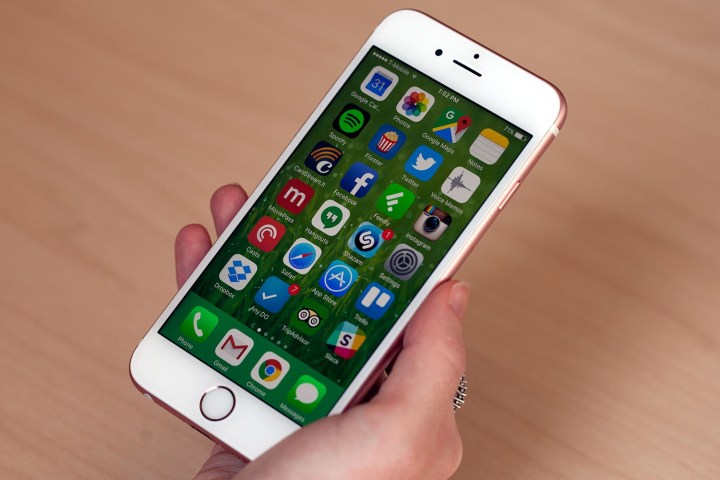
Smartphone penetration has hit 65 percent in the U.S., 74 percent in the “EU5” (U.K., Spain, Germany, France, and Italy) and 72 percent in urban China, according to Kantar Worldpanel ComTech. In 2016, there will be two main factors that will drive even further adoption: stubborn feature-phone owners finally giving in to buying a smartphone and convincing current
The innovation in current smartphones is a double-edged sword: While it may draw current owners to upgrade, it may also extend the life cycle of smartphones. This is affirmed by data from Kantar Worldpanel ComTech, which found that smartphone life cycles are lengthening in the U.S. and EU5. Meanwhile, the

Kantar Worldpanel ComTech forecasts that 46 percent of smartphone owners in the U.S. plan on upgrading in the next 12 months, while 48 percent of
“The smartphone market will never again see the growth of the past 10 years. But the opportunities to monetize from what has already been built are there for those with the vision to find and seize them,” according to Milanesi.
The company reports that in the U.S., 40 percent of consumers who plan to upgrade their device prefer Apple, followed by 35 percent who prefer Samsung, 6 percent who prefer Motorola, and 5 percent who prefer LG.
The order of the top three preferred smartphone brands in the EU5 is Samsung, Apple, and Sony; in urban China, it’s Apple, Huawei, and Samsung.
Editors' Recommendations
- Motorola phones are about to steal these iPhone features
- iPhone Flip: what we know about Apple’s first foldable phone
- I’m a lifelong iPhone user. Here’s what I think about the Samsung Galaxy S24
- 7 smartphones coming out in 2024 I can’t wait for
- The Samsung Galaxy S24 Ultra may steal this iPhone 15 camera feature


